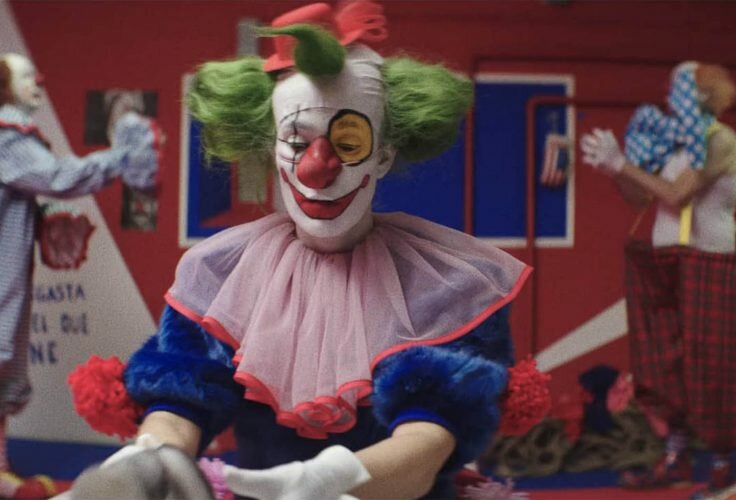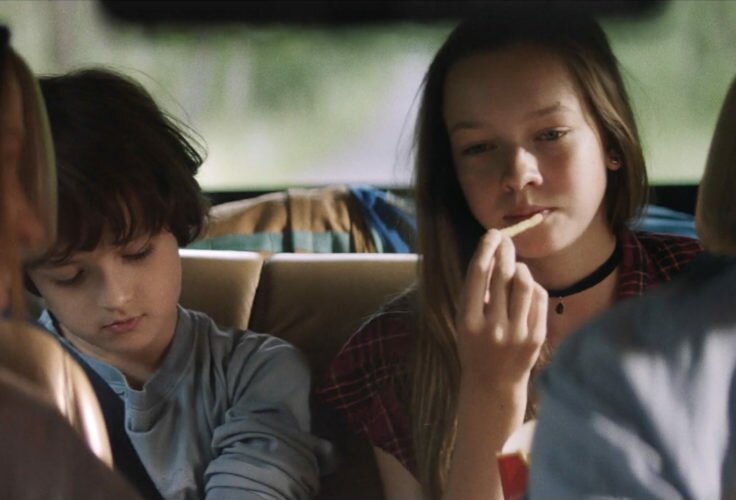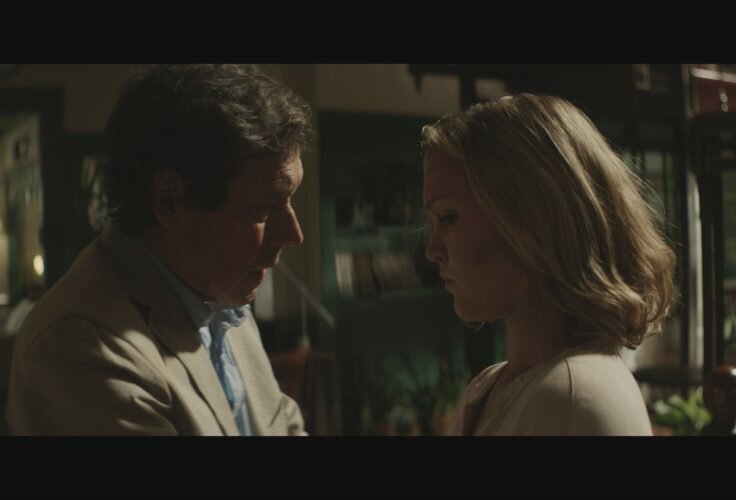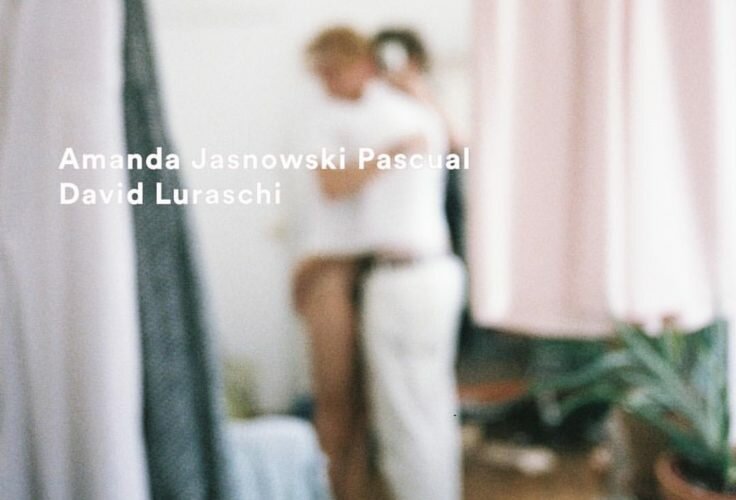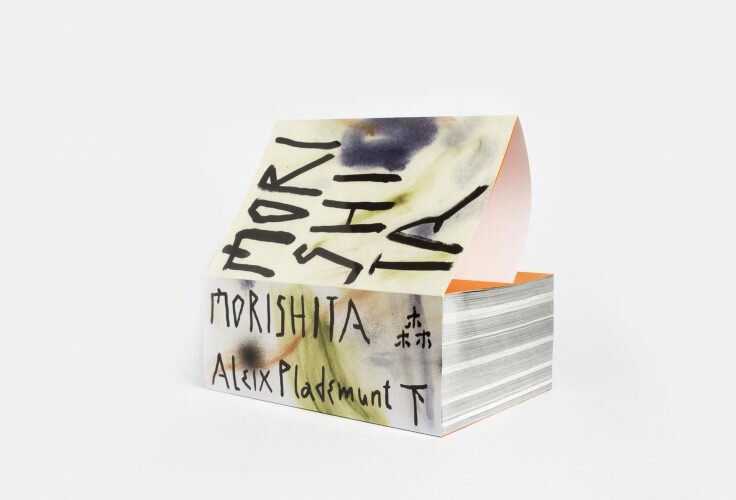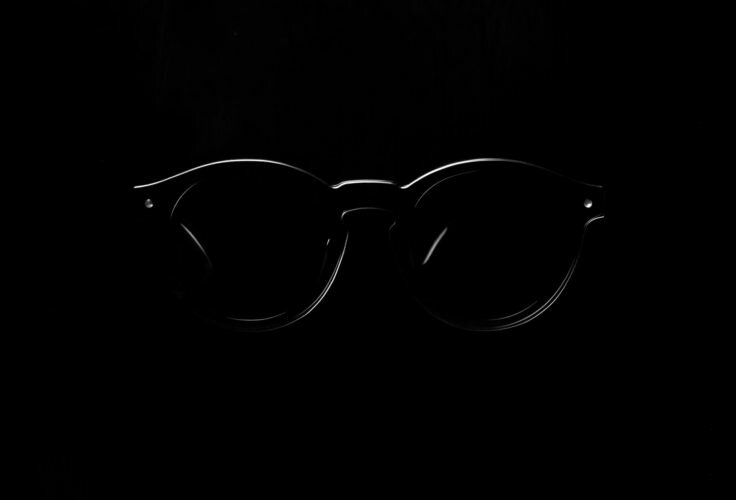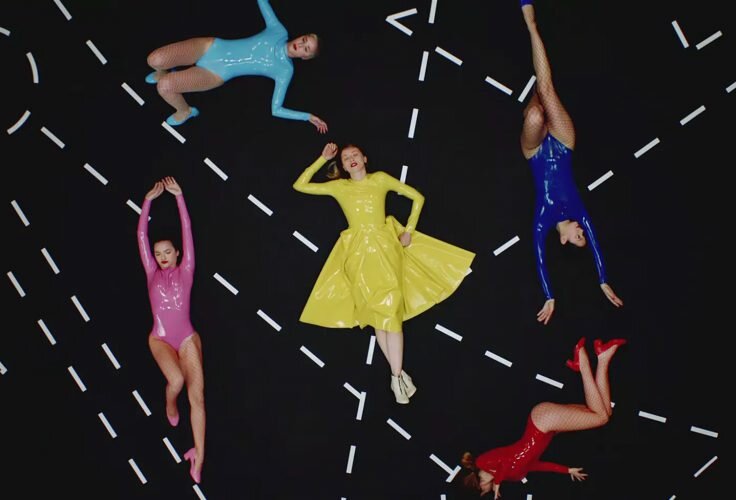Thirty years later, Óscar del Pozo sees again La ley del deseo. From the first video club rental to the current Almodóvar cycle at the Filmoteca things have changed a great deal.

By Oscar del Pozo
Hugh Hefner is GATSBY
Last January, the legendary Playboy mansion went up for sale for two hundred million dollars. The new owners will have to pay that amount and also accept one condition: sharing the property with Hugh Hefner, founder of the magazine, until his death. Hef, who turned ninety last April, wants to die in his decadent mansion, as Jay Gatsby did at the end of The Great Gatsby. The Playboy Empire has fallen, and the magazine lays dying, unable to fight against the competition of Internet pornography. Thus, as the character created by Francis Scott Fitzgerald, he’ll die knowing that his old world is lost.


“I like large parties. They’re so intimate. At small parties there isn’t any privacy.” Hugh Hefner could have uttered this most famous sentence of The Great Gatsby, one of the main novels of the 20th century, in any of the parties for thousands of people he gave in the good old times of the Playboy mansion. The tycoon acquired the Los Angeles 30-room chateau in 1970 for a million and a half dollars. He refurbished it to make it more ostentatious, almost turning it into an amusement park, like Gatsby’s mansion. Among other things, he filled it with peacocks, llamas, flamingos and gooses; he built a casino, and added a stone grotto with Jacuzzis where his guests bathed naked.
But the similarities between the lives of Hugh Marston Hefner and the fictional character don’t end there. Master of journalists Gay Talese already anticipated it when, in his monumental essay Thy Neighbour’s Wife, where he describes the changes in American sexuality from the fifties to the seventies, he wrote: “Hefner re-read the jazz age literature of his favourite writer, Francis Scott Fitzgerald, and was enthused by the richness of the life, the shiny objects and the women with whom he could share the nectar of new love again and again.” Talese portrayed thus a teenage Hugh, but he couldn’t even begin to imagine that his fantasies would end up coming true. Hef didn’t take too long to succeed: he was twenty-six when, in 1953, he founded Playboy with only eight thousand dollars that he borrowed from family and friends. The success was immediate and he turned thirty already a millionaire: then he managed to become a flesh and bones Gatsby.

-That huge place there?
-Do you like it?
-I love it, but I don’t see how you live there all alone.
-I keep it always full of interesting people, night and day. People who do interesting things. Celebrated people. .
It isn’t difficult to imagine this dialogue between Gatsby and his beloved Daisy Buchanan repeated in the mouths of Hef and one of his playmates the first day they visited the mansion. As his fictional hero, he was also a self-made man, raised by a modest family, who became a millionaire and offered sumptuous celebrations full of champagne attended by models, writers, film directors and Hollywood stars such as Jack Nicholson, James Caan or Warren Beatty. Hefner was so sure about his role that, like Gatsby, sometimes he didn’t even bothered attending his own parties, but locked himself in his room with one of his bunnies or with some of his guests. That’s how he managed to create a legend around him that was very similar to the mystery surrounding the protagonist of the novel.
A great deal of the fascination that The Great Gatsby provokes on its readers is due to its point of view, always ambiguous, always hiding part of the information. It’s a story built through the testimony of witnesses. Everything that happens is something someone has seen and tells afterwards. That way of narrating didn’t only influence many later novels, but probably Hefner’s public persona. “Gatsby’s notoriety, spread by the hundreds of people who have accepted his hospitality, increased to the point that Jay Gatsby almost became news,” says his neighbour Nick Carraway. Couldn’t the many guests who, throughout the years, were invited to the Playboy mansion say the same about Hefner? Like Gatsby, Hefner became a legendary character, and each witness described him in a different way: hero or villain; symbol of luxury and glamour or tacky and nouveau riche; defender of sexual freedom or exploiter of naive young girls.



The great difference between Hef and Jay Gatsby is that the man of the eternal dressing gown has exercised polygamy almost all his life. Gatsby lives for Daisy Buchanan only, whereas Hefner was a sexual addict with an insatiable appetite. In that, he resembles Gatsby’s rival, rough womaniser Tom Buchanan, although the tycoon assures he did have three great loves in his life: he swears he was faithful to playmate Kimberley Conrad while they were married; and when he simultaneously dated bunny Karen Christy and another playmate, Barbi Benton, he affirms he was in love with both. Be it as it may, he never ceased to fill his mansion with dazzling beauties (always under thirty) and to regale them with all sorts of attentions and expensive presents. He didn’t force any of them to sleep with him, but they all knew quite well why they were there.


One would have nothing to say against poly-love if Hefner hadn’t played with a marked deck: he assigned the bunnies who lived in his mansion a weekly pay for their expenses and forbid them to look for any other job outside. They practically lived inside a golden cage. Although he was progressive in almost anything else (he fought against censorship, racism, McCarthy’s witch hunt and the Vietnam war, and in favour of the legalisation of marihuana), he felt an irrepressible urge to control women, to treat them as if he owned them. In that, his mentality was as old-fashioned as many men from his generation and besides his power to exercise it was a million times bigger. He ended up leaving a great deal of broken toys along the way, lives destroyed by drugs or low self-esteem. Some ended up dying from overdoses (Anna Nicole Smith, Tiffany Sloan, Bonnie Jo Halpin) or murdered (Jasmine Fiore, Star Stowe). In this sense, he’s the opposite from Gatsby, who only sacrifices himself.
Considering his love life, we could argue that Hugh Hefner has been an anti-romantic Jay Gatsby. He will probably die happy with the existence he’s lived. But the Playboy girls’ black legend overflows his biography as the same ghost flying over Fitzgerald’s work: in the shape of a Judeo-Christian mentality linking fun and punishment. The old maxim affirming that ‘what goes up must come down.’ It’s as if, in the end, hedonism should always result, somehow, in discomfiture, drama or violence. As if the outcome should NECESSARILY be that something that most of us will take a lifetime to find out.
